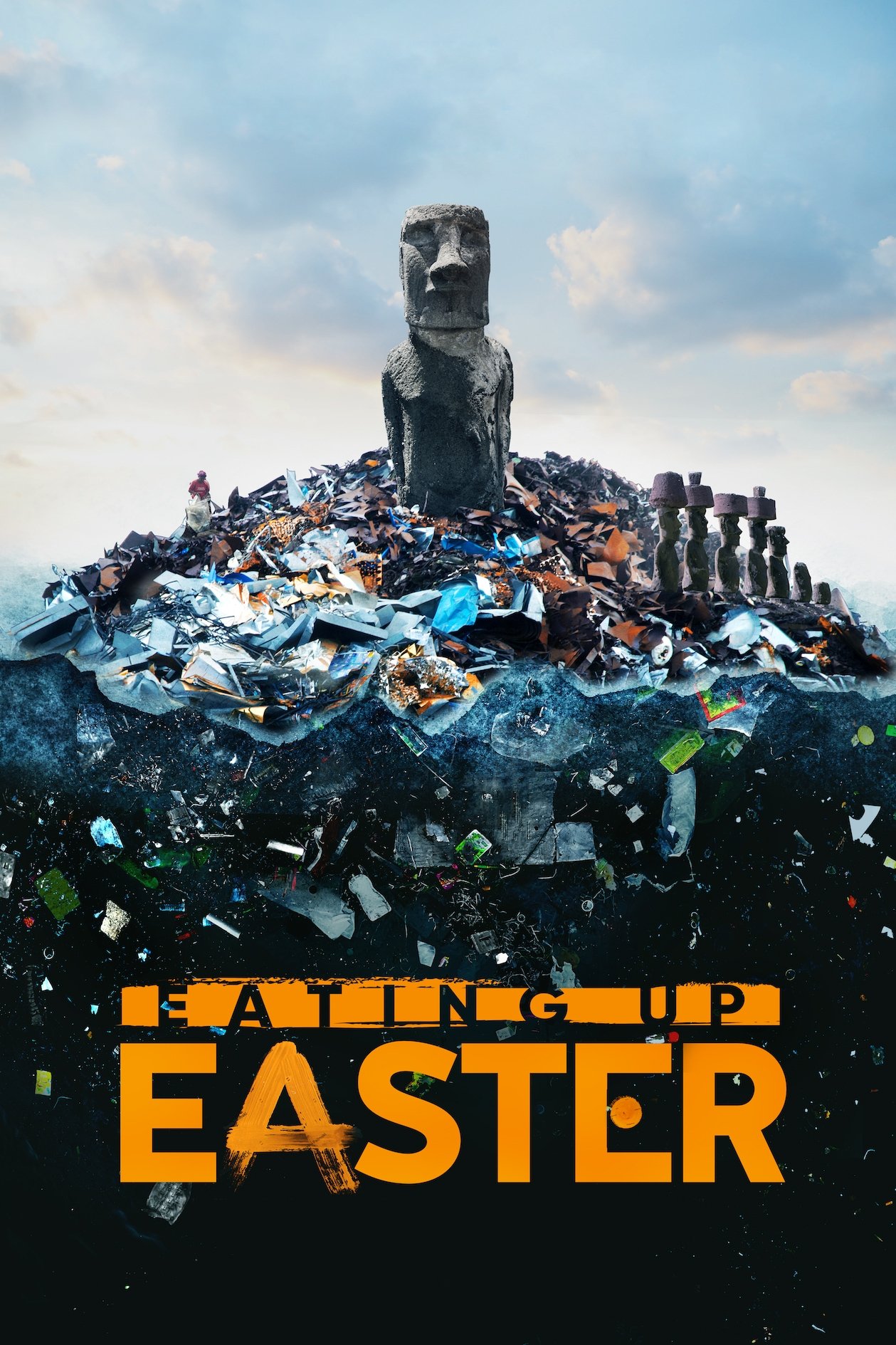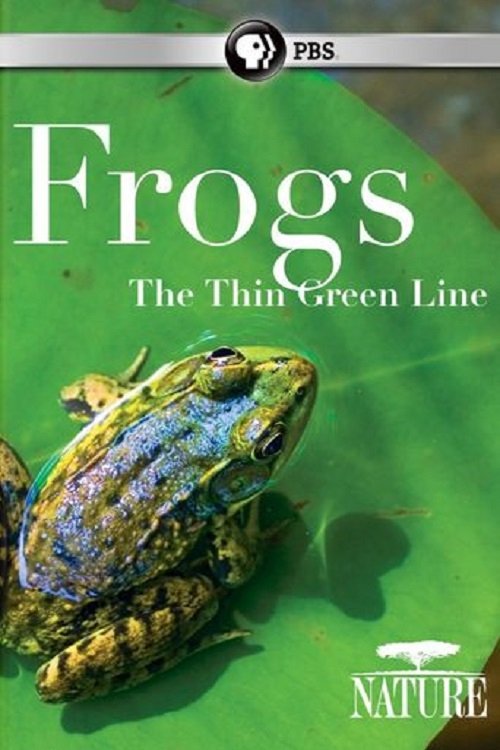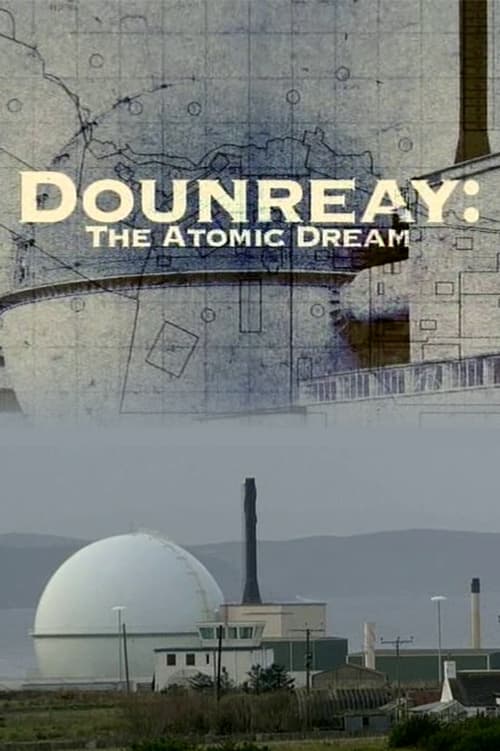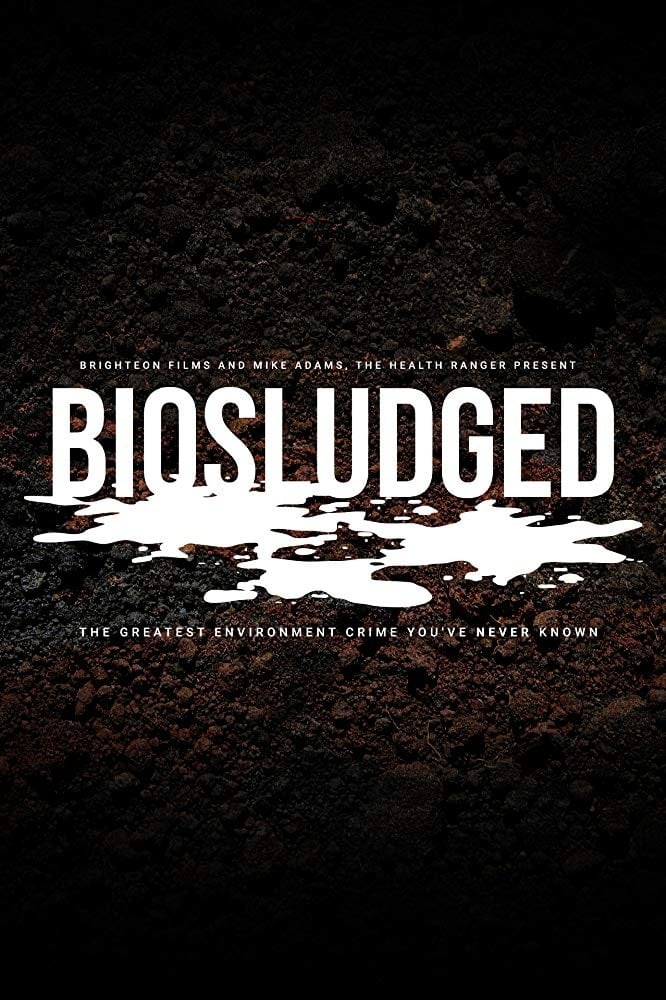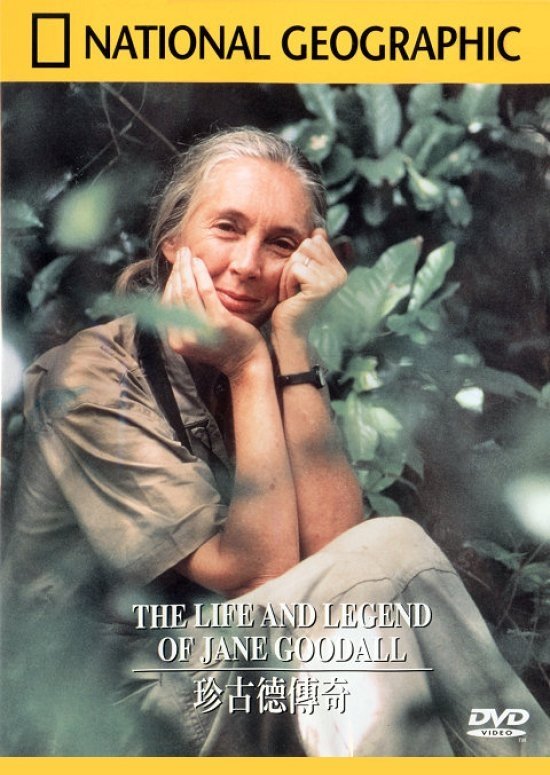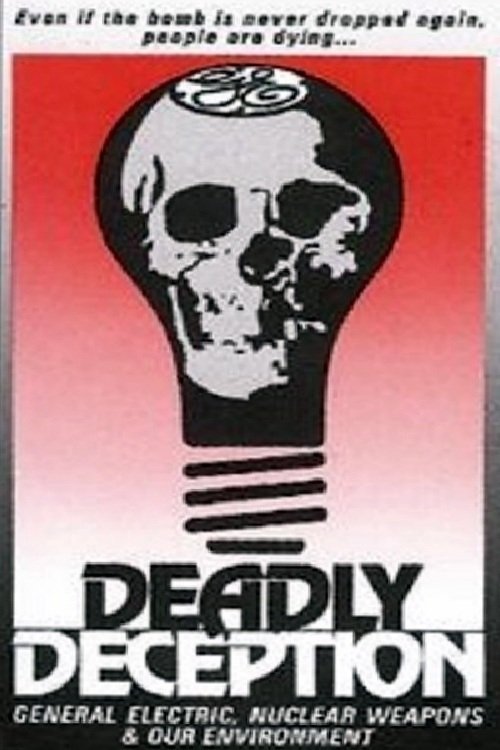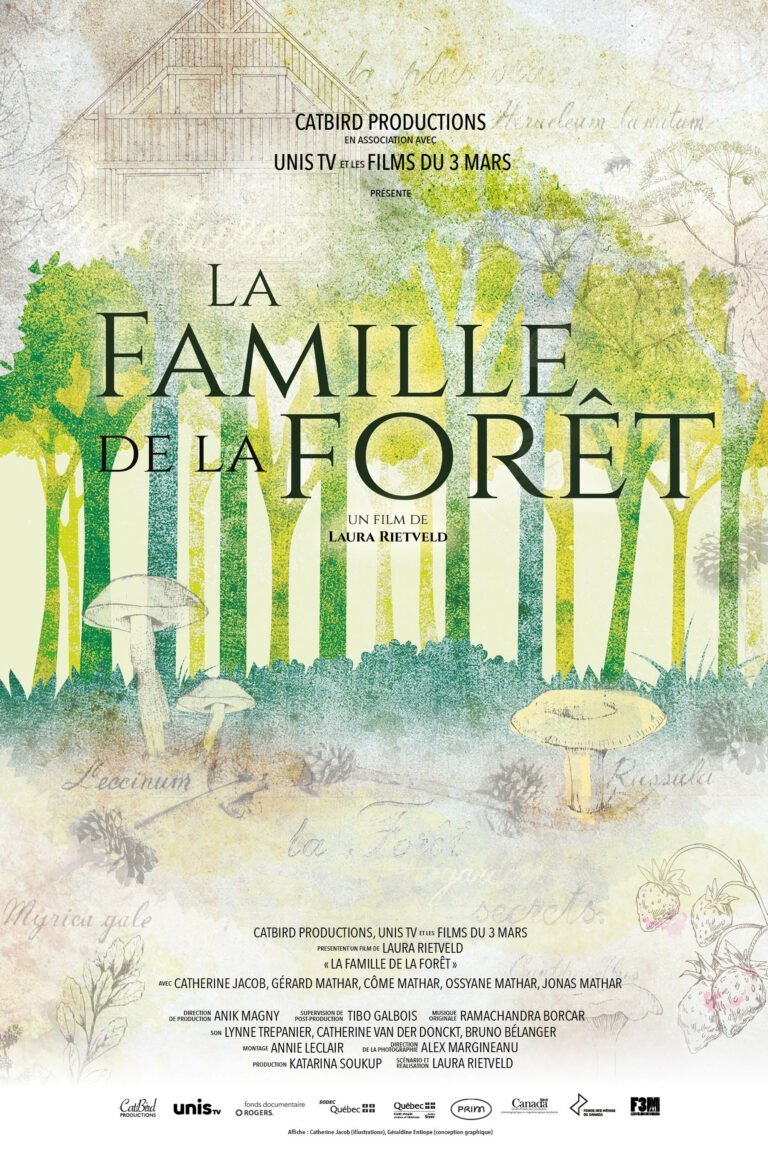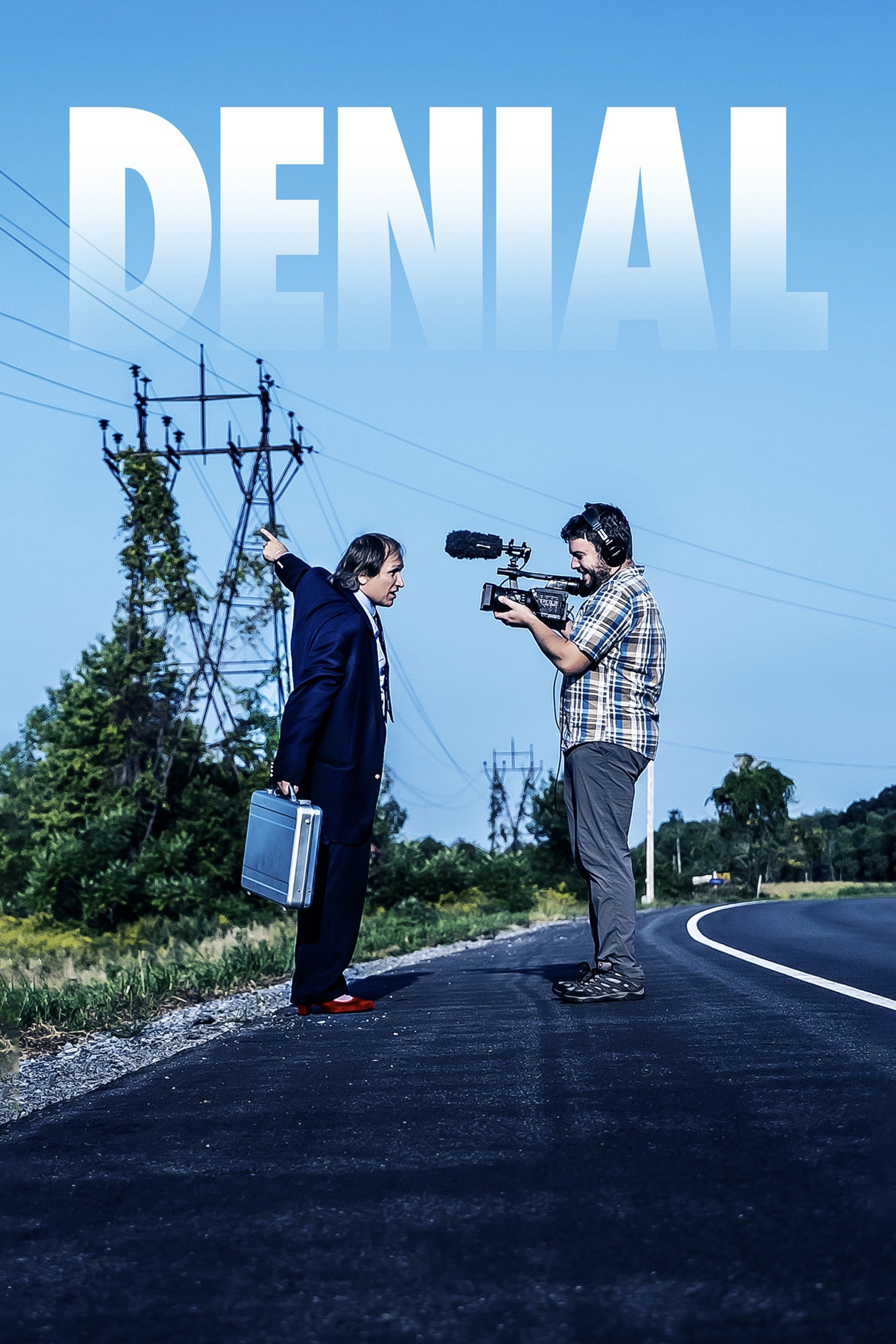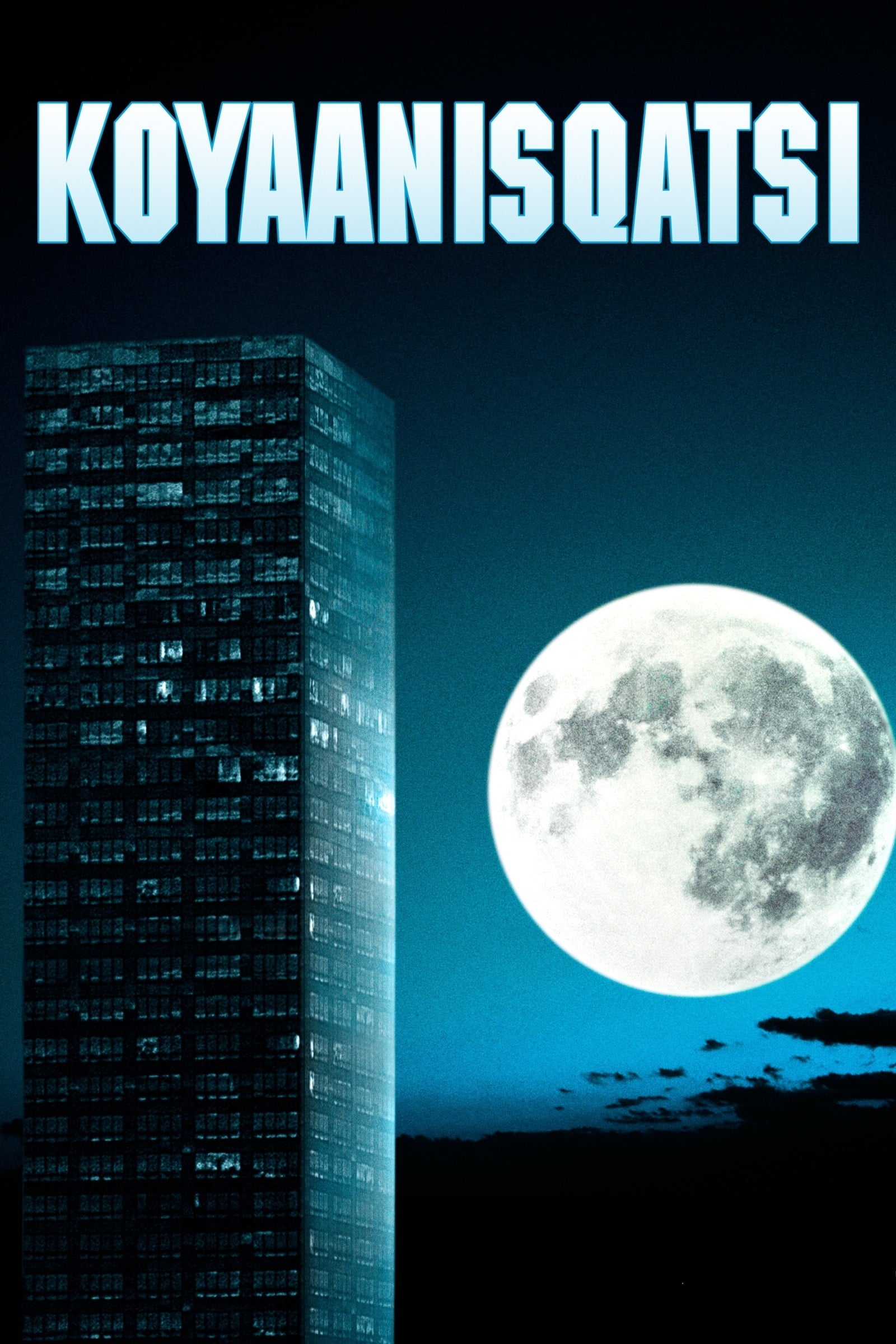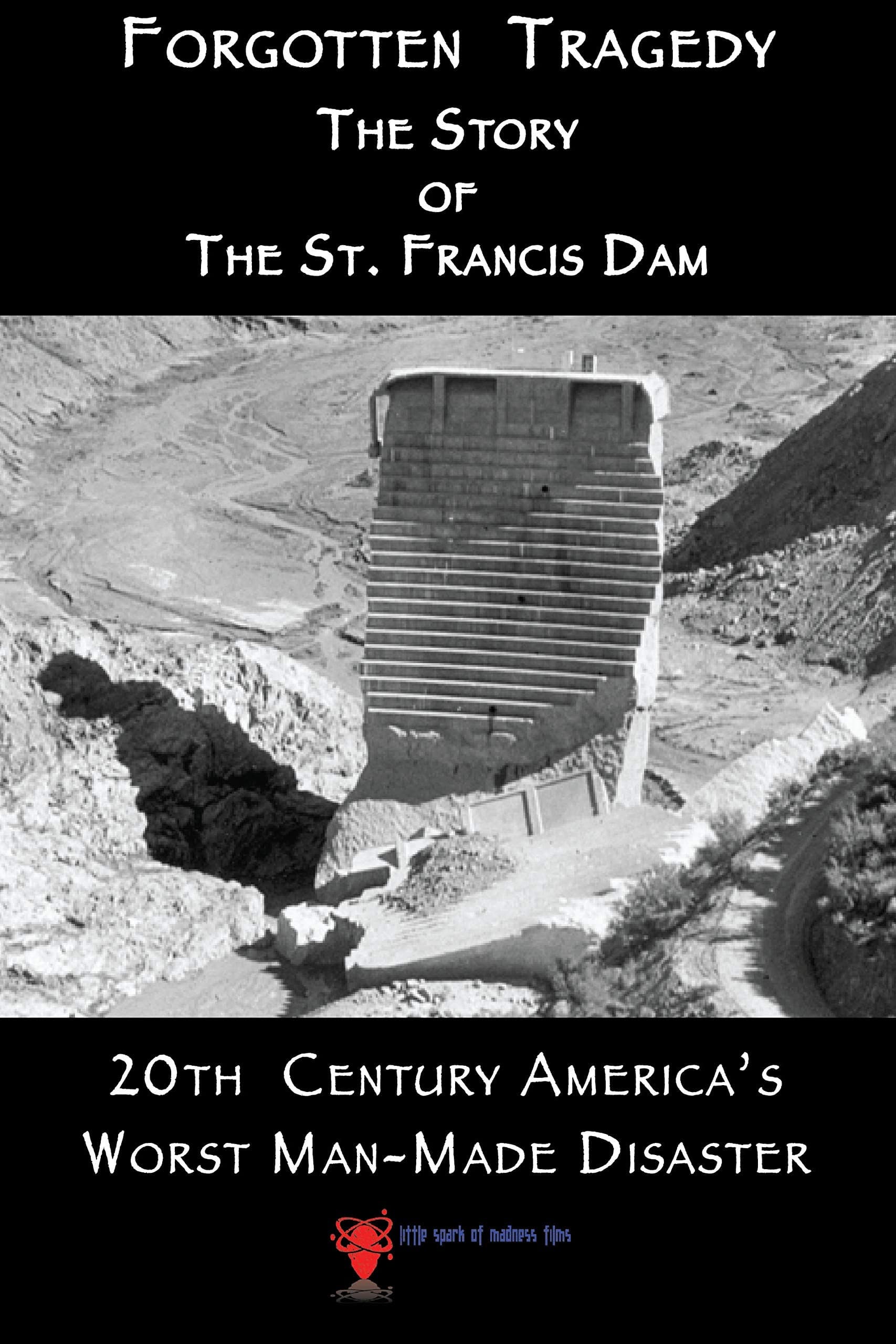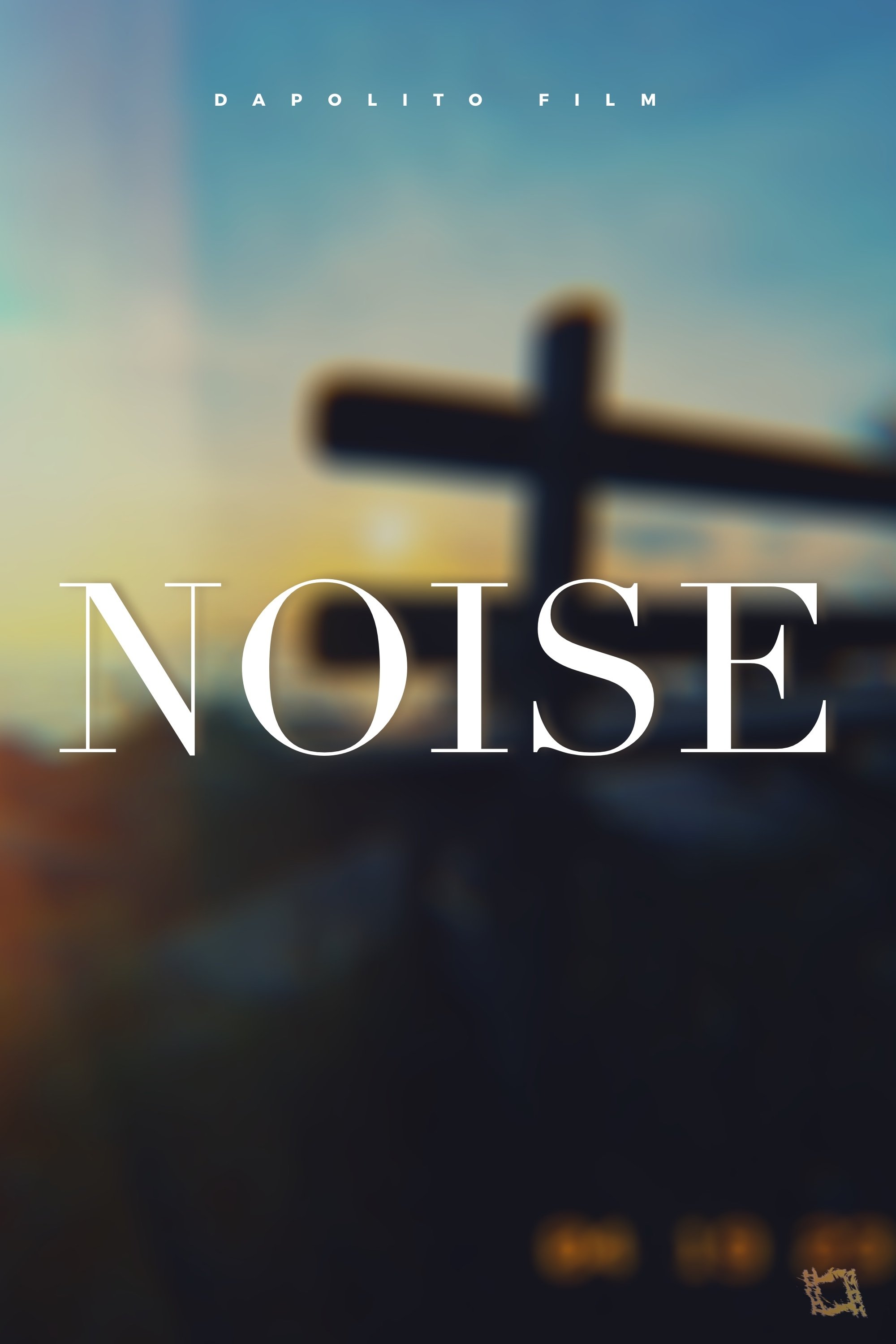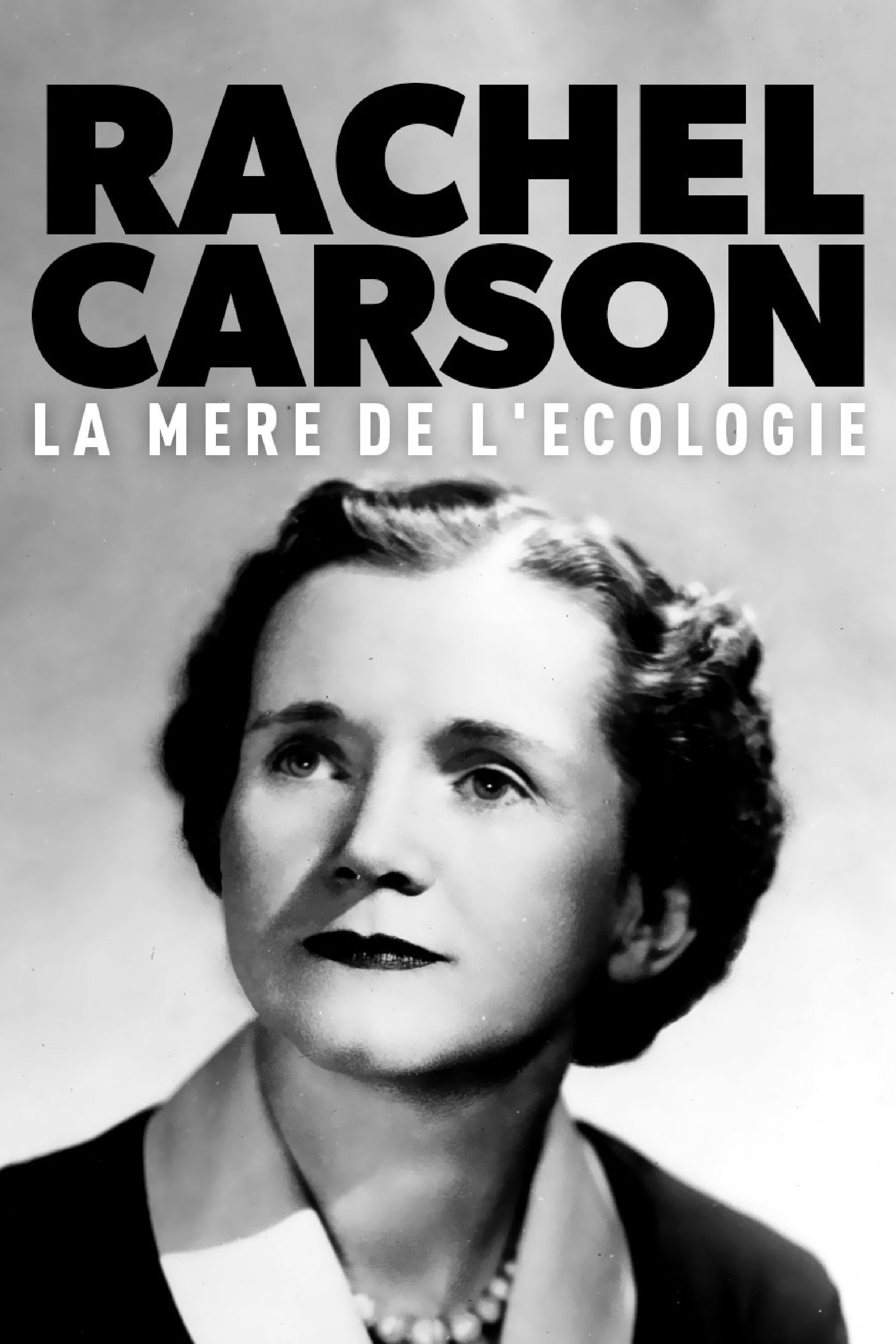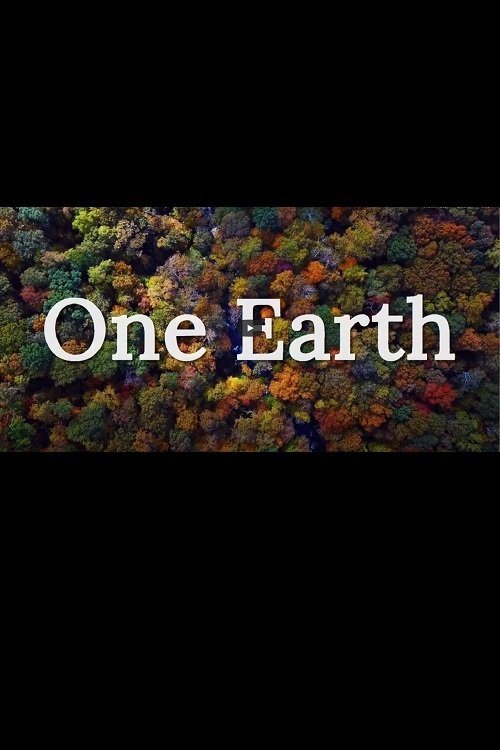
One Earth (2020)
Overview
One Earth is an environmental short film created and edited to help raise awareness about our impact on our environment day to day.
Production Companies
Additional Info
| Budget | $0.00 |
|---|---|
| Revenue | $0.00 |
| Original Language | en |
| Popularity | 0.151 |
Directed By
Romain Pennes
TOP CAST
Similar Movies
Radio Bikini
It starts with a live radio broadcast from the Bikini Atoll a few days before it is annihilated by a nuclear test. Shows great footage from these times and tells the story of the US Navy Sailors who were exposed to radioactive fallout. One interviewed sailor suffered grotesquely swollen limbs and he is shown being interviewed with enormous left arm and hand.
Eating Up Easter
The Rapanui community on Easter Island fights to prevent an environmental collapse due to overwhelming tourism and industrial progress, and and to preserve their cultural traditions.
Frogs: The Thin Green Line
An examination of the extinction threat faced by frogs, which have hopped on Earth for some 250 million years and are a crucial cog in the ecosystem. Scientists believe they've pinpointed a cause for the loss of many of the amphibians: the chytrid fungus, which flourishes in high altitudes. Unfortunately, they don't know how to combat it. Included: an isolated forest in Panama that has yet to be touched by the fungus, thus enabling frogs to live and thrive as they have for eons.
Dounreay: The Atomic Dream
Documentary telling the story of the rise and fall of a daring experiment into atomic energy as the history of the Dounreay fast reactor is charted by the pioneers involved.
Biosludged
Biosludged reveals how the EPA is committing science fraud to allow the ongoing poisoning of our world with toxic sewage sludge that's being spread on food crops. Features former top government scientist and EPA whistleblower Dr. David Lewis.
An Inconvenient Truth
A documentary on Al Gore's campaign to make the issue of global warming a recognized problem worldwide.
The Life and Legend of Jane Goodall
Born in London in 1934, Jane Goodall spent decades in Tanzania’s Gombe Stream National Park, studying the social and family structures of chimpanzees and helping to bring their ecological vulnerability into the public consciousness. She also founded and remains integral to the Jane Goodall Institute, which encourages environmental activism and stewardship among young people. In this program, the famous scientist reflects on her many years spent observing and learning about our primate cousins.
Deadly Deception: General Electric, Nuclear Weapons and Our Environment
This 1991 Academy Award®-winning documentary uncovers the disastrous health and environmental side effects caused by the production of nuclear materials by the General Electric Corporation.
The Family of the Forest
In the heart of the Boreal forest lives a family renowned as much for their gourmet forest pickings as for their life of self-sufficiency.
Apocalypse, Man
Most people were first exposed to Michael C. Ruppert through the 2009 documentary, Collapse, directed by Chris Smith. Apocalypse, Man is an intimate portrait of a man convinced of the imminent collapse of the world, but with answers to how the human spirit can survive the impending apocalypse.
Denial
Every day our changing climate pushes us closer to an environmental catastrophe, but for most the problem is easy to ignore. David Hallquist, a Vermont utility executive, has made it his mission to take on one of the largest contributors of this global crisis-our electric grid. But when his son Derek tries to tell his father's story, the film is soon derailed by a staggering family secret, one that forces Derek and David to turn their attention toward a much more personal struggle, one that can no longer be ignored. - Written by Aaron Woolf
SEED: The Untold Story
A film about the importance of heirloom seeds to the agriculture of the world, focusing on seed keepers and activists from around the world.
The Beginning of Life 2: Outside
Genuine connections between children and nature can revolutionize our future. But is this discovery still possible in the world's major urban centers? The new chapter of "The Beginning of Life" reveals the transformative power of this concept.
Koyaanisqatsi
Takes us to locations all around the US and shows us the heavy toll that modern technology is having on humans and the earth. The visual tone poem contains neither dialogue nor a vocalized narration: its tone is set by the juxtaposition of images and the exceptional music by Philip Glass.
Forgotten Tragedy: The Story of the St. Francis Dam
The largest man-made disaster of the 20th century, now largely lost to history. A journey through the early history of Los Angeles and the city's water needs. Ever-growing demand led to larger and larger projects, and eventually to tragedy. The history of the tragedy, the role of William Mulholland in the disaster and the city's water development, and how the lessons of the tragedy reflect on our current infrastructure needs today.
2017, The Disaster Diaries
The year 2017 was marked by several major Atlantic hurricanes (including Harvey, Irma and Maria), flooding in South America and a serious earthquake in Mexico. In Europe, deadly forest fires struck Portugal. Madagascar was flattened by a Category 4 typhoon that wiped out the country’s infrastructure. The financial costs are unprecedented with billions of dollars of damage. Thanks to spectacular footage filmed at the heart of the action, this film shows a selection of the most notable natural disasters to strike this year. Expert analysis and photo-realistic animation allow the audience to understand the forces at work behind these catastrophes.
NOISE
Set in 2022, NOISE follows a young man as he quickly becomes engulfed by notifications from work, life, and anything else that is downloaded on his phone. Whenever he finds some quiet, the noise follows. It isn't until he finally realizes what brings him peace that the noise is quieted.
Rachel Carson, la mère de l'écologie
In 1962, Rachel Carson's book Silent Spring opened America's eyes to the dangers of pesticides and man's place in nature. This episode of the "Before/After" series dives into the genesis of a poetic and powerful text, which inspired modern environmentalist thought.
Visions of Europe
Twenty-five films from twenty-five European countries by twenty-five European directors.

